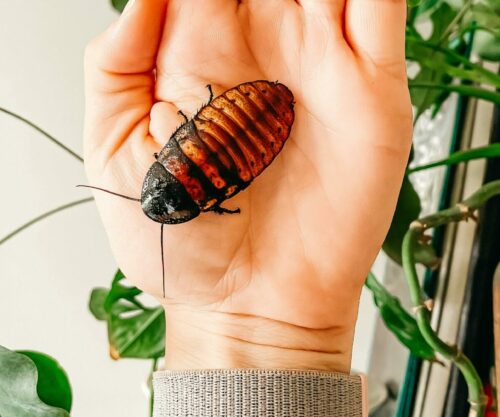
Eating way too much unhealthy sugar can put you at risk of serious health issue conditions.
If you would like to cut added sugar to your diet there are few simple steps you can take.
The first step is finding the main source of sugar in your diet and swapping it out for a healthier alternative.
Eliminating sugar or sweet stuff can do wonders for your health, but letting go of sugar can be harder than you think.
Research shows when you cut back on added sugar – the stuff manufacturers add to processed and prepackaged foods – you will have much better overall health. On the contrary, a diet high in added sugar is linked to an increased risk of certain health conditions, such as type 2 diabetes and heart disease, to name a few.
Dietitian, author and TV personality Ellie Krieger tells Cover Media most people would benefit from reducing their sugar intake. Fortunately, she adds, there’s “no reason to go cold turkey”.
Here are four ways to realistically cut back on sugar. But first, we take a look at natural (healthy) vs added (unhealthy) sugars.
Natural vs added sugars
Sugar is found naturally in many whole foods such as fruit, vegetables and milk. But different forms of sugar and syrup, which act as sweeteners, also get added to foods, including ice cream, drinks and breakfast cereals. In fact, there are some less obvious products that also contain these unhealthy sugars. These include ketchup, yoghurt, bread and salad dressing, explains WebMD.
“Added sugars are extra calories with no extra nutrition,” it adds.
1. Make more conscientious decisions
Sugary foods contain many ‘empty’ calories, plus they make you want to eat more – past research has found that added sugar (and unhealthy fats) trick the brain into wanting more food.
So, Krieger advises you start by making more conscientious decisions – opt for that apple instead of that bowl of ice cream. You’ll thank yourself in the long run.
2. Find the main source of sugar in your diet
Could the main source of your sugar be your must-have daily sugary beverages, desserts or sweetened coffee? Take the time to discover what is contributing most to your total added sugar intake, then try to swap it out for something healthier, says Krieger.
Author of I Quit Sugar, Sarah Wilson wrote that she “was addicted to sugar”: “I needed it every day … And it was making me sick, tired and bloated.” But a conscious move toward replacing this with healthier alternatives led to a boost in energy, improved mood and overall health.
3. The truth about artificial sweeteners
Contrary to popular belief, artificial sweeteners, which are considered sugar-free, aren’t always a healthy sugar substitute.
Animal studies have convincingly shown that they can lead to weight gain. But there’s more to it than simply expanding your waistline: according to Harvard Health, they may play a trick on our brain where we end up craving more sweets and tend to choose sweet food over nutritious food, among several other concerning effects.
4. Question your actions
Of course, the main driver for eating is hunger. But what we choose to eat is not always determined by our physiological or nutritional needs, explains the European Food Information Council.
Other factors, such as our culture, family, and our mood, can also influence our food choices.
Krieger advises you to take the time to think about why you’re eating a particular sweet or chocolate, for instance, and whether it will really make you feel good.




